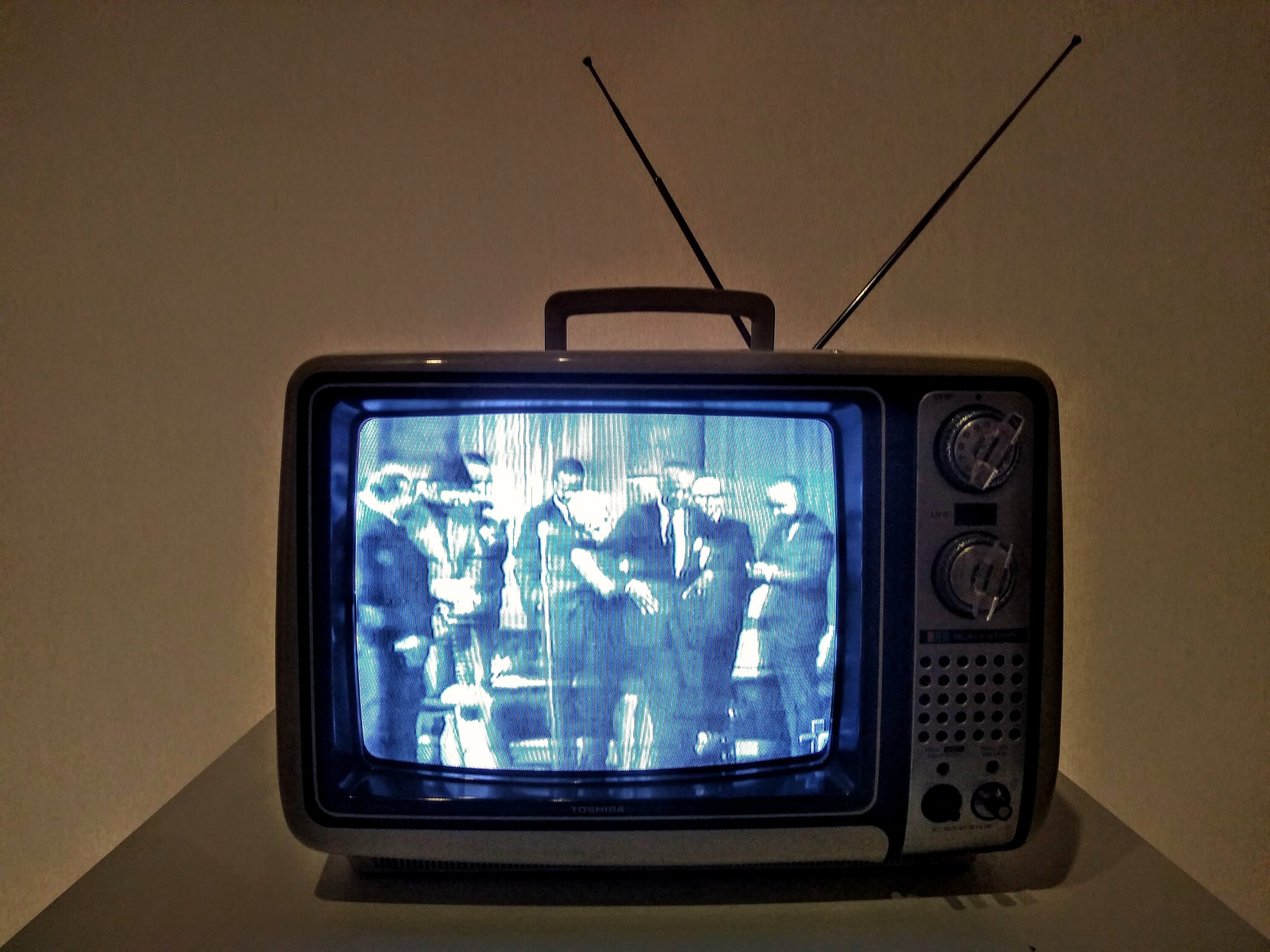
TV Critic Saskia Davis praises Michaela Coel’s masterpiece ‘I May Destroy You’ for its unflinching portrayal of sexual assault and the trauma it induces
*Content warnings: rape, sexual assault. Please take care watching this program if you are a victim.*
HBO’s and BBC’s joint TV show I May Destroy You aired its final emotional episode last week in the UK, leaving viewers dumbfounded by the artistic mastery of Michaela Coel. Known for creating and starring in the hit comedy Chewing Gum, Coel uses her increasingly productive influence in I May Destroy You to embark upon a more serious exploration of boundaries and consent while retaining her uniquely bold style, producing a successful mish-mash of a range of contemporary world music, bleakness with a surprising twist of humour, and pops of colour with every shot.
“Institutional racism, rape and false rape allegations and much more are confronted unflinchingly
Plot in I May Destroy You is a non-linear, seemingly illogical process, which is hard to describe but centres mainly on the troubling and unendingly complicated sexual assault trauma of Arabella (Michaela Coel). This experience is flanked by the similar yet differing sexual experiences of her friends, Grindr-hooked and emotionally repressed Kwame (Paapa Essiedou) and the determinedly positive and supportive Terry (Weruche Opia), amongst many others. Gay sex and homophobia, local and institutional racism, rape and false rape allegations, and much more are confronted unflinchingly. Sound-tracked by a collage of music that seamlessly transitions and underscores the nuances of each scene, from soaring feminist anthems to lo-fi beats, the experience of watching becomes a personal and intimate insight into the lives of the characters, fleshed out by muscular acting talent and detailed wardrobe choices.
The sprawling plot ends up being a defining quality of this show, which has loosely been termed a ‘consent drama,’ but is arguably a story of boundaries, in a personal, emotional, and especially sexual way. Boundaries are the focal feature, from the boundaries of sex, consent, relationships, and friendships to the extremities of cancel culture and, darker yet, the painfully opposing post-trauma sentiments towards the abuser; violent and vengeful retribution pitted against pity and compassion. This opposition is especially troubling to Coel, a survivor of sexual assault herself. ‘I spent a lot of my life asking, pleading, hoping for empathy,’ she says in an interview for Vulture, ‘It only feels fitting for me to try to do the same thing.’ The characters are lovably flawed, each committing their own significant breach of boundaries, including Arabella herself. Through these characters, Coel asks the most difficult questions of all: Can victims also be aggressors? Is it possible to forgive the unforgivable? Have we all at some point been perpetrators? This makes I May Destroy You aptly named, the experience of trauma is destructive, yet we are also capable of destroying ourselves and other people, a concept comprehensively explored in the show’s unique finale.
“Coel asks the most difficult questions of all: can victims also be aggressors? Is it possible to forgive the unforgivable?
The beauty of Coel’s masterpiece is the focus on unanswerable questions, while its sometimes-unfortunate relatability inspires emotions based on the personal and collective experience of its viewers. This haunting ambiguity takes a story of a rape beyond a simple revelling in its own tragedy to be one of the truest depictions of the emotional experience of sexual trauma, treading upon largely unexplored terrain for the screen. I hope that I May Destroy You and other recent television stand-out shows dealing in sexual experiences will pave the way for greater openness and exposure to the great variety and complexity that comes with sexual experiences.
I May Destroy You is available to watch on BBC Three now.
Rating 5/5
Like this? Check out more TV articles here:

Comments